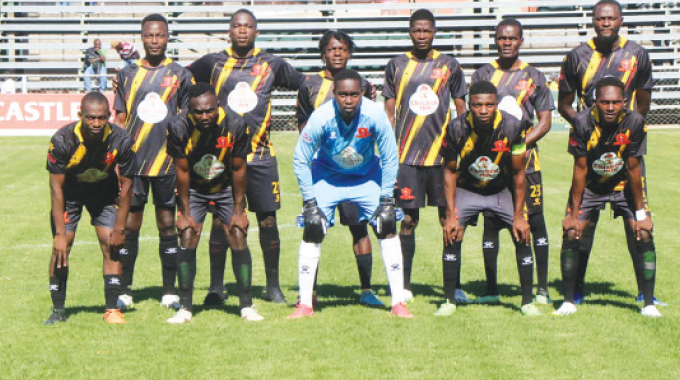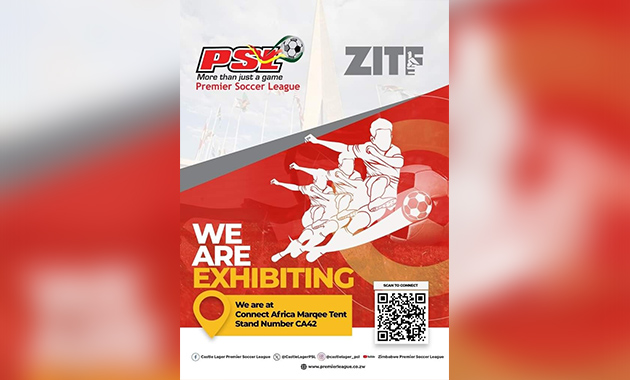Mwaruwari warns clubs on sell-on clause

Sikhumbuzo Moyo, Acting Sports Editor
ZIMBABWE football legend and former Manchester City hitman Benjani Mwaruwari has warned clubs that the 30 percent sell-on clause is only valid alongside the player’s initial contract agreement with his new employers.
He said once the initial contract signed by the player and his new club runs out, so does the validity of the sell-on clause.
Nicknamed The Undertaker, Mwaruwari said it was worrying that most football administrators, especially in Zimbabwe seemed to be of the opinion that once there was that clause on the agreement that they were entitled to a 30 percent share in the event that the receiving club was to get offers for the player, all they could do now was just to sit back and wait for the cake to be delivered.
“People must know that the 30 percent sell-on clause has a lifespan, it is only valid as per initial contract signed by the player. If just as an example, the player moves from Team A to Team B where he signs a three year contract with Team B, with both teams agreeing a sell-on clause, that agreement is only valid within those first three years, meaning that if the player doesn’t move within those three years but chooses to extend his stay with Team B after the end of the three years, the sell-on clause ceases to be binding because it was only for the initial contract, it’s a technicality that clubs can use to avoid paying,” said Mwaruwari.
He said there was therefore need for clubs to keep track with their players and make sure that once the initial contract was about to expire, they renegotiate with the players’ handlers and see to it that the player does not renew the contract without their input.
Clever administrators, said Mwaruwari, immediately agree on a sell on clause then go on to give the player a short contract, probably two years while shrugging off any offers within that period but in essence, waiting for the sell on clause validity to cease.
“I am saying this because I know, Jomo Sono did that 30 percent sell –on clause on me to Auxerre and when my contract was about to finish, he came to France and made sure I extended the contract under the same conditions of the 30 percent sell-on, so it is critical that our administrators remain alert to such issues,” said Mwaruwari.
Mwaruwari’s comments come on the backdrop of a simmering feud between defunct side Zimbabwe Crackers and Bulawayo giants Highlanders over alleged failure by Highlanders to pay Zimbabwe Crackers a 30 percent sell-on share following the move by former Bosso goalkeeper Tapuwa Kapini to South Africa’s Platinum Stars in 2006.
Kapini joined Highlanders in 2001 and penned an initial three year contract that ran out in 2004. Bosso though insists that Kapini left for South Africa as a free agent and they never realised any income from the move.
Highlanders themselves recently entered into a similar arrangement with Tanzania’s Azam following Prince Dube’s move to the East African nation’s free spenders, who then gave Dube a two year contract.
The 22 year old has already attracted interest from some rich Arab teams as well as top teams in France, developments that saw his value ballooning to atleast US$1 million, meaning if he was to move now, Highlanders will be entitled to a cool US$300 000 before factoring in compensation and solidarity funds.











Comments